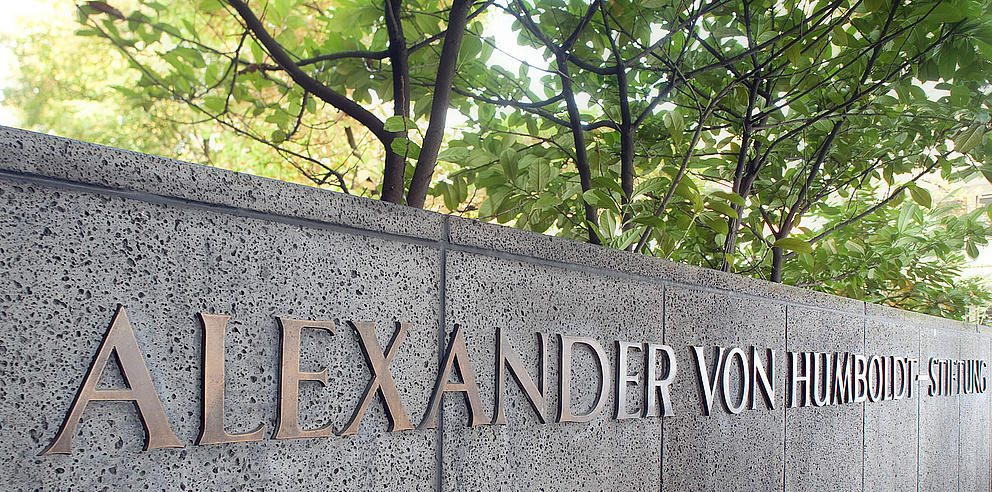
Contact
Press, Communications and Marketing
Tel.: +49 228 833-144
Fax: +49 228 833-441
presse[at]avh.de

In an open letter of the British Society for Middle Eastern Studies (BRISMES) and in various social media posts the Humboldt Foundation was accused of having rejected Dr Huda Fakhreddine during the selection procedure for the Bessel Award on the grounds of her publicly expressed opinions on the war in the Middle East. We very much regret that Dr Fakhreddine feels she has been treated unfairly. This was certainly not our intention.
The selection process for the Bessel Award is a multi-stage procedure. Firstly, established researchers in Germany submit a nomination whereby it is not the Humboldt Foundation that decides who should receive awards and fellowships but selection committees – in the case of the Bessel Award consisting of 23 academics from various disciplines. After the documents have been checked by the Humboldt Foundation's Head Office to ensure they are complete and fulfil the formal requirements, two independent scientific reviews are normally requested for each application. In the run-up to the selection meeting, the reviewed applications are then sent to the members of the selection committee in preparation for presenting the nomination at the meeting.
The Humboldt Foundation provides the framework for this selection process, the committee is, however, completely independent in its decision-making. In the course of the entire review process, all researchers involved are free to pursue their own enquiries.
During the review process, Humboldt Foundation Head Office was notified about opinions expressed by Ms Fakhreddine on the war in the Middle East that gave cause for concern that these opinions might be incompatible with the values upheld in the Humboldt Network – to promote and foster intercultural dialogue.
After consulting with the selection committee, the Humboldt Foundation asked the nominator to classify the statements made by Dr Fakhreddine on social media. The nominator then made contact with Ms Fakhreddine directly. The results were reported back to the committee. No further measures were taken based on the comments. The process played no role in the specialist assessment of the application.
The nomination for the Bessel Award was rejected. The grounds for voting decisions are not generally recorded. In previous years, on average, approximately 35 percent of nominations were successful.
In a complicated political situation and emotionally charged debates, we hope that it will still be possible to maintain a dialogue.
